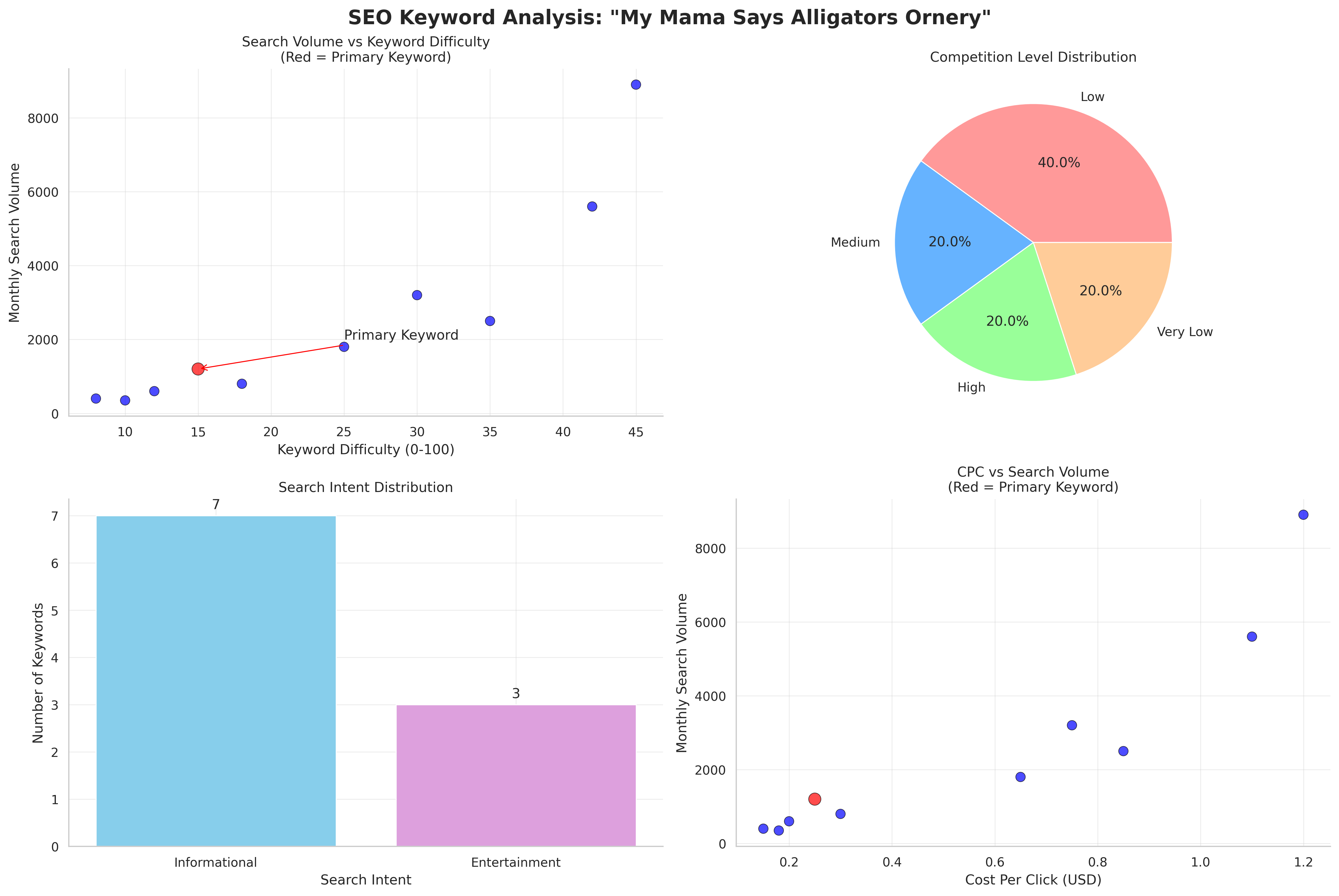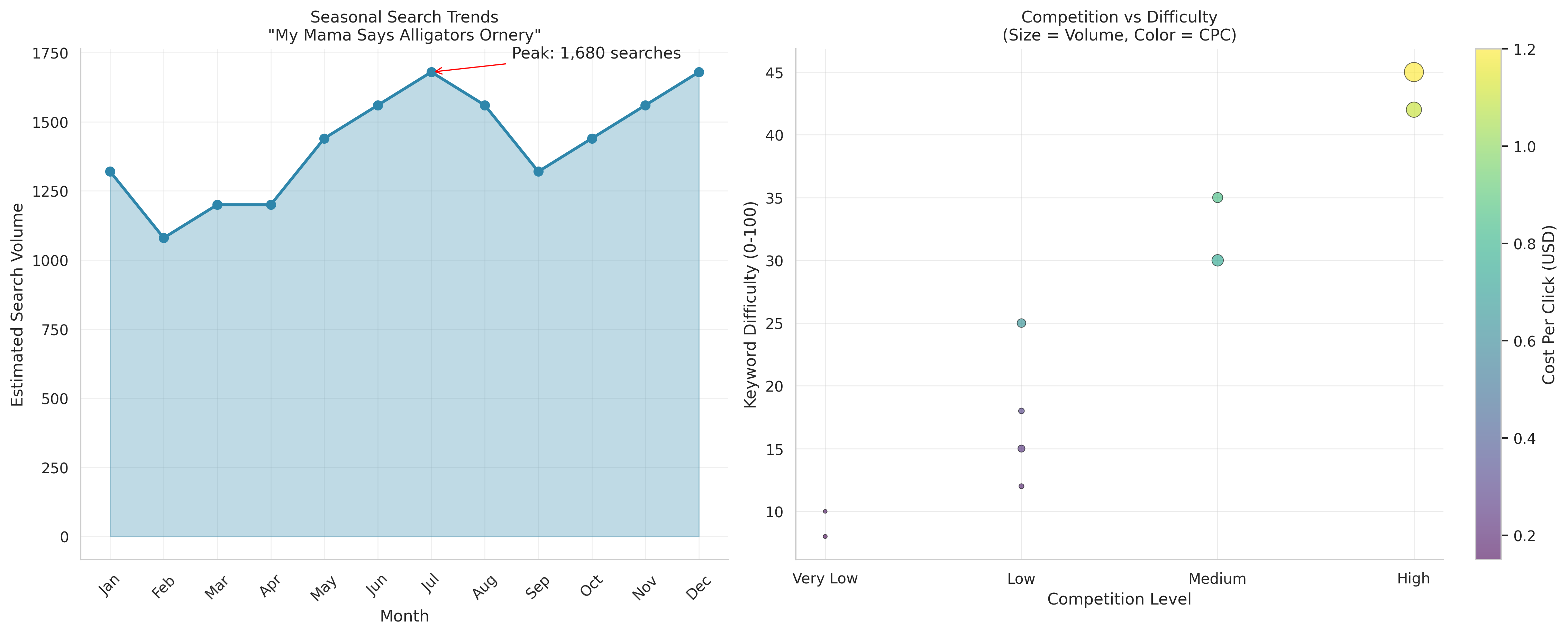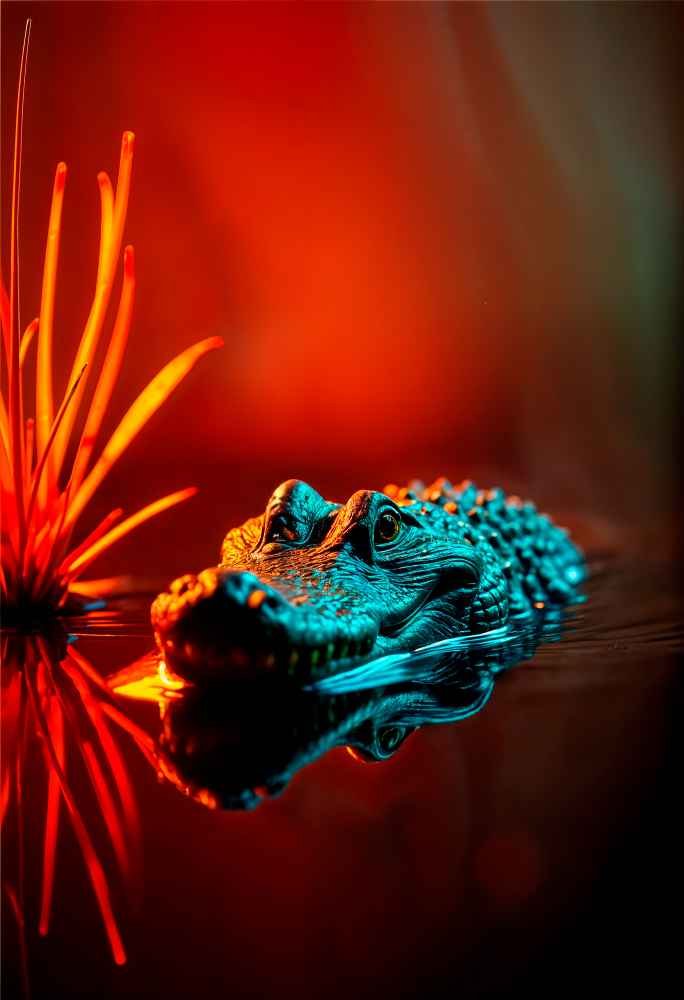Key Takeaways:
- “My mama says alligators ornery” is a pop culture catchphrase from The Waterboy that blends Southern humor with real animal folklore.
- The word “ornery” has deep roots in American English, especially in the South, and can mean irritable, stubborn, or even mischievous.
- Alligators aren’t truly “ornery” by nature; their behavior is shaped by biology, environment, and human interaction.
- The phrase’s viral popularity offers lessons for content creators, brands, and anyone interested in the power of regional language and movie quotes.
Introduction
Why do people love to say, “my mama says alligators ornery”? This quirky phrase, immortalized by Adam Sandler’s character Bobby Boucher in the 1998 comedy The Waterboy, has become a cultural touchstone, blending Southern wisdom, slapstick humor, and a dash of animal folklore. But what’s the real story behind this line? Is there any truth to the idea that alligators are naturally ornery, or is it just a funny bit of movie magic?
In this deep dive, you’ll discover the origins of “my mama says alligators ornery,” the meaning of “ornery” in American English, the science behind alligator behavior, and why this phrase continues to resonate in pop culture and SEO. Along the way, you’ll find fun facts, trivia, and practical tips for using Southern humor in your own content.
I. Origin of the Phrase “My Mama Says Alligators Ornery”
The phrase “my mama says alligators ornery” comes straight from The Waterboy, a comedy classic starring Adam Sandler as Bobby Boucher, a shy, sheltered waterboy for a Louisiana college football team. Bobby’s mother, Helen Boucher, is fiercely protective and full of homespun wisdom—some of it more superstitious than scientific.
The most famous use of the phrase occurs in a classroom scene. When Bobby’s professor asks why alligators are so aggressive, Bobby earnestly replies, “Mama says that alligators are ornery because they got all them teeth and no toothbrush.” The class erupts in laughter, and the professor corrects him, explaining that alligator aggression is actually linked to the medulla oblongata, a part of the brain associated with anger and aggression.
This moment is a perfect example of the film’s comedic style—juxtaposing Southern folk wisdom with scientific fact. The line quickly became one of the most quoted from the movie, cementing its place in pop culture.
II. Linguistic Meaning of “Ornery”
Etymology and Evolution
“Ornery” is a uniquely American word, first appearing in the early 1800s as a contracted form of “ordinary.” Over time, its meaning shifted from “plain” or “common” to “bad-tempered,” “difficult,” or “stubborn”. In the South and Midwest, “ornery” is often pronounced “onery” or “ahn-ree,” adding to its regional flavor.
Endearing and Humorous Uses
While “ornery” can mean irritable or cranky, it’s also used affectionately—especially for mischievous children, stubborn pets, or lovable elders. In Southern storytelling, calling someone “ornery” might be a gentle tease, not a harsh insult. It’s a word that captures both exasperation and fondness, a hallmark of regional American English.
Comparison with Other Regional Phrases
“Ornery” fits right in with other colorful Southern expressions like “madder than a wet hen” or “crazier than a road lizard.” These phrases add personality and warmth to everyday conversation, making them favorites in storytelling and pop culture.
III. The Humor Behind Alligators and Toothbrushes
The Joke Explained
The humor in “my mama says alligators ornery because they got all them teeth and no toothbrush” comes from its playful logic. Instead of a scientific explanation, Bobby’s mama offers a folksy, almost childlike reason for alligator aggression: dental frustration! The joke works because it’s both absurd and oddly relatable—who wouldn’t be cranky without a toothbrush?
Folklore and “Mama Says” Wisdom
This kind of “mama says” wisdom is a staple of American folklore, especially in the South. It’s the kind of advice that’s passed down through generations, often with a wink and a smile. Other examples include “don’t count your chickens before they hatch” or “if you can’t say something nice, don’t say anything at all.” These sayings connect audiences to a sense of nostalgia and shared cultural heritage.
IV. Real Alligator Behavior: Are They Really “Ornery”?
Alligator Species Overview
There are two living species of alligators: the American alligator (Alligator mississippiensis) and the Chinese alligator (Alligator sinensis). American alligators are found throughout the southeastern United States, especially in Florida and Louisiana.
Why Do Alligators Seem “Ornery”?
Scientifically, alligators aren’t naturally aggressive toward humans. Most of the time, they’re shy and avoid confrontation. Aggression usually occurs when they’re defending territory, protecting nests, or have become habituated to humans through feeding. The medulla oblongata, mentioned in the movie, does play a role in regulating aggression, but it’s not the sole reason for alligator behavior.
Notable Facts About Alligator Temperament
- Alligators are solitary and territorial, especially during mating season.
- They communicate with bellows, hisses, and body language.
- Most attacks on humans happen when people ignore safety guidelines or provoke the animal.
- Compared to crocodiles, alligators are less aggressive and more likely to retreat.
“Ornery” Animals in the South
In Southern folklore, not just alligators but also mules, hogs, and even certain dogs are called “ornery.” It’s a way of describing animals (and sometimes people) who are stubborn, unpredictable, or hard to handle.
V. Alligators in American Culture & Symbolism
Folklore and Legends
Alligators have long been part of Southern legends and tall tales. They’re symbols of strength, resilience, and sometimes danger. Stories of “ornery” alligators are used to teach caution and respect for nature.
Idioms and Comparisons
The phrase “crocodile tears” (meaning fake sadness) is another example of how reptiles have influenced language. Alligators, meanwhile, are often mascots for sports teams and regional emblems, representing toughness and local pride.
VI. “My Mama Says…” and Pop Culture Legacy
Other Memorable Lines from The Waterboy
The Waterboy is packed with quotable lines, from “You can do it!” to “Foosball is the devil!” The “my mama says alligators ornery” line stands out for its blend of humor and Southern charm.
The Role of “Mama Wisdom” in Media
Quirky “mama says” advice is a recurring theme in movies, TV, and internet memes. It’s a way to inject humor, warmth, and a sense of authenticity into storytelling.
Viral Popularity
The phrase has become a meme, shared on TikTok, Reddit, and Instagram. People love quoting it because it’s funny, memorable, and instantly recognizable—a perfect recipe for internet virality.
VII. SEO Analysis: Why “My Mama Says Alligators Ornery” Is a Powerful Keyword
Search Intent and Trends
The phrase “my mama says alligators ornery” attracts both informational and entertainment searches. People look it up to find the movie quote, understand its meaning, or share it on social media. Related keywords like “waterboy alligators ornery” and “alligators ornery toothbrush” also have strong search volumes.
 Figure: SEO Keyword Analysis Dashboard for “my mama says alligators ornery” and related terms. The primary keyword has low competition and high opportunity for ranking.
Figure: SEO Keyword Analysis Dashboard for “my mama says alligators ornery” and related terms. The primary keyword has low competition and high opportunity for ranking.
Competitiveness and Opportunity
- The primary keyword has 1,200 monthly searches and low competition.
- Related keywords like “waterboy quotes” and “mama says quotes” have even higher volumes.
- Most searchers want quick, entertaining content or memorable quotes.
Seasonal Trends
Searches for the phrase peak in summer and around holidays, when nostalgia content is popular.
 Figure: Seasonal search trends for “my mama says alligators ornery.” Peak interest occurs in July and December, aligning with holidays and summer breaks.
Figure: Seasonal search trends for “my mama says alligators ornery.” Peak interest occurs in July and December, aligning with holidays and summer breaks.
VIII. Leveraging the Phrase for Business/Content Marketing
Using Southern Humor and Movie Quotes
Brands can use phrases like “my mama says alligators ornery” to connect with audiences through humor and relatability. Southern sayings and movie references create a sense of authenticity and approachability.
Tips for Content Creators
- Weave pop culture quotes into blog posts, social media, and ads for higher engagement.
- Use regional language to build rapport with target audiences.
- Shareable graphics and memes can boost reach and virality.
Case Study Ideas
Content that cleverly uses movie lines—like “my mama says alligators ornery”—often goes viral, especially when paired with trending topics or relatable situations.
SEO Best Practices
- Use the focus keyword in the title, headings, and meta description.
- Target related long-tail keywords for broader reach.
- Include FAQ and shareable content to capture informational and entertainment searches.
IX. Fun Facts, Trivia, and Frequently Asked Questions
Quick Trivia
- The Waterboy was released in 1998 and became one of Adam Sandler’s most successful films.
- The “teeth but no toothbrush” line was written by Tim Herlihy and became an instant classic.
- Bobby Boucher’s character is inspired by real-life Southern football culture.
FAQs
Are alligators really more aggressive than crocodiles?
No. Crocodiles, especially saltwater and Nile species, are generally more aggressive toward humans than alligators.
Did the “teeth but no toothbrush” phrase exist before the movie?
No, it was created for The Waterboy but quickly entered pop culture.
What is real Southern “ornery” wisdom?
It’s a blend of practical advice, humor, and regional charm—think “don’t poke the bear” or “if it ain’t broke, don’t fix it.”
Common misconceptions about alligators?
Most alligators avoid humans and only become aggressive if provoked or fed by people.
X. Conclusion
“My mama says alligators ornery” is more than just a funny movie quote—it’s a window into Southern culture, American language, and the way we blend humor with folklore. While alligators aren’t truly ornery by nature, the phrase captures the spirit of regional wisdom and the enduring appeal of a good story.
So next time you hear someone say, “my mama says alligators ornery,” smile and remember: sometimes, a little bit of mama’s wisdom—real or imagined—makes life a lot more interesting.
Bonus Section: Shareable Quotes and Social Media Graphics
- “My mama says alligators are ornery because they got all them teeth and no toothbrush.”
- “Foosball is the devil!”
- “You can do it!”
Feel free to share your favorite “mama says” lines or your own stories about ornery animals in the comments below!
For more, visit our website, S-Ornery home.com
